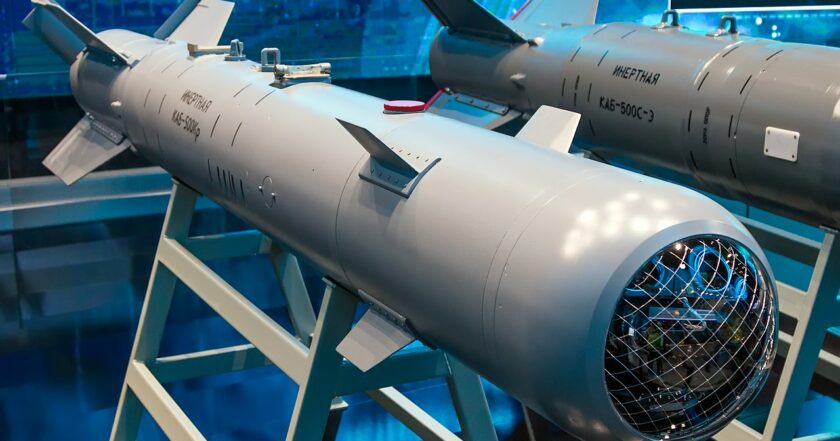UK Intelligence: Russians bomb their own cities due to "inadequate training and crew fatigue"

Photo: Wikipedia
Russian military accidentally dropped bombs on their own and occupied Ukrainian cities, according to British intelligence.
The daily report of the British Ministry of Defense outlined the reasons, Rubryka reports.
"Russia's continued propensity for munition accidents is likely exacerbated by inadequate training and crew fatigue, leading to poor execution of tactics during missions," said British analysts.
Latest Defence Intelligence update on the situation in Ukraine – 10 January 2024.
Find out more about Defence Intelligence's use of language: https://t.co/iwtfBkgxq1 #StandWithUkraine 🇺🇦 pic.twitter.com/4EAceNIJRT
— Ministry of Defence 🇬🇧 (@DefenceHQ) January 10, 2024
Intelligence also cites a few incidents showing this Russian tendency. On January 2, Russian aviation dropped a missile on the village of Petropavlivka in the Voronezh Oblast, confirmed by the Russian Ministry of Defense. A local resident stated in a video that an entire street was damaged due to the explosion.
Recently, an aviation bomb also fell on the occupied city of Rubizhne in the Luhansk region. Both incidents occurred during Russian combat sorties.
In April 2023, a Russian Su-34 aircraft dropped an aviation bomb on Belgorod.
In related news, Yurii Ihnat, the Ukrainian Air Force spokesperson, did not rule out that Russia might regularly attack Ukraine with guided bombs weighing 1,500 kilograms. Such bombs strike from a distance of 50 kilometers from the border with Ukraine.
According to Ihnat, to counter aircraft dropping such bombs, Ukraine needs Patriot, SAMP-T systems, and modern aircraft such as the F-16.
However, like any weapon from the Russian Federation, it is not entirely flawless; often, FABs fall on Russian territory, not reaching their intended target in Ukraine.
The British intelligence noted earlier that the scale of the Russian missile attack against Ukraine on January 8 reflects the level of success achieved by the Armed Forces of Ukraine during strikes on occupied Crimea on January 4.



















































